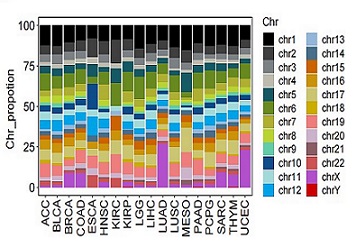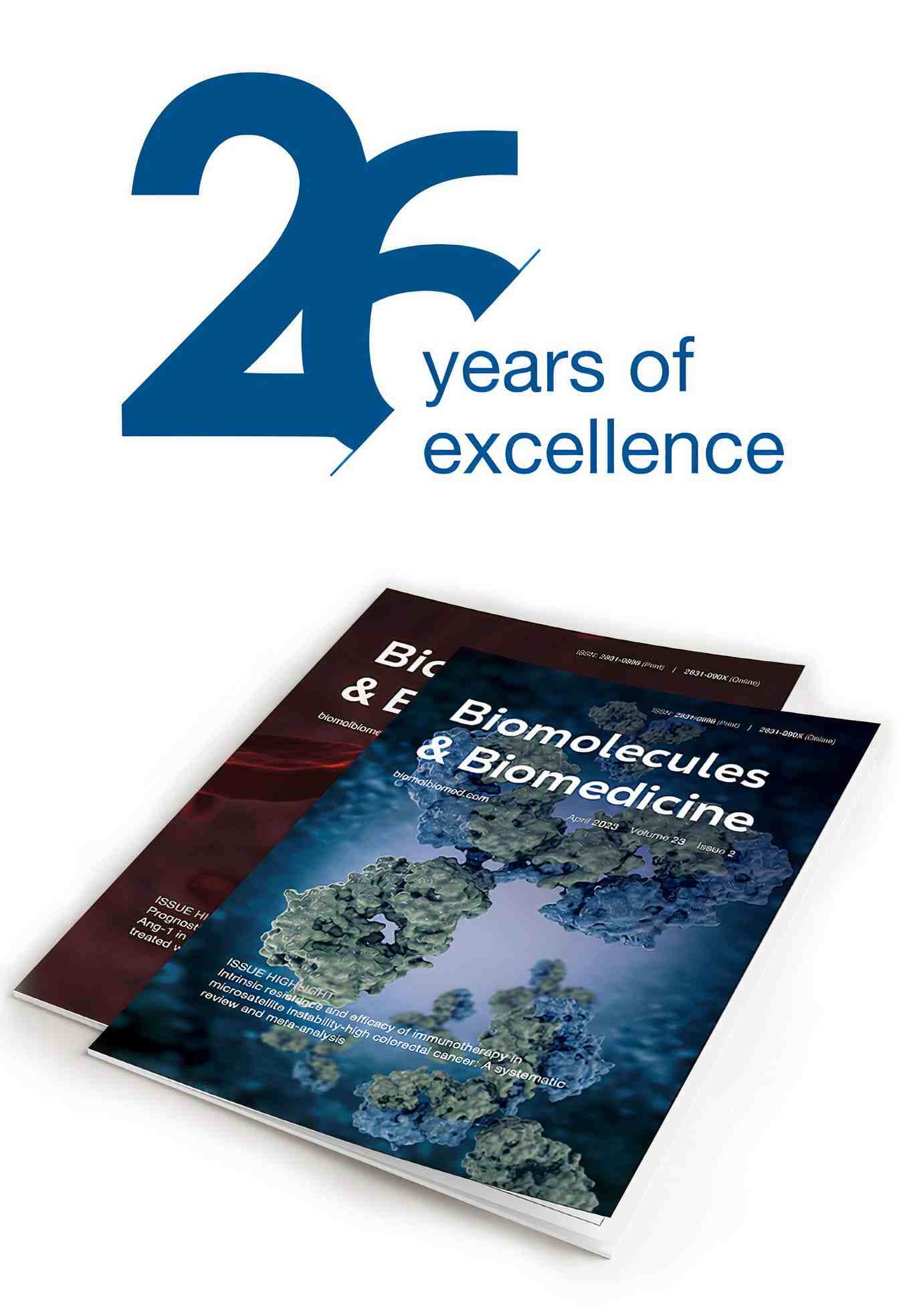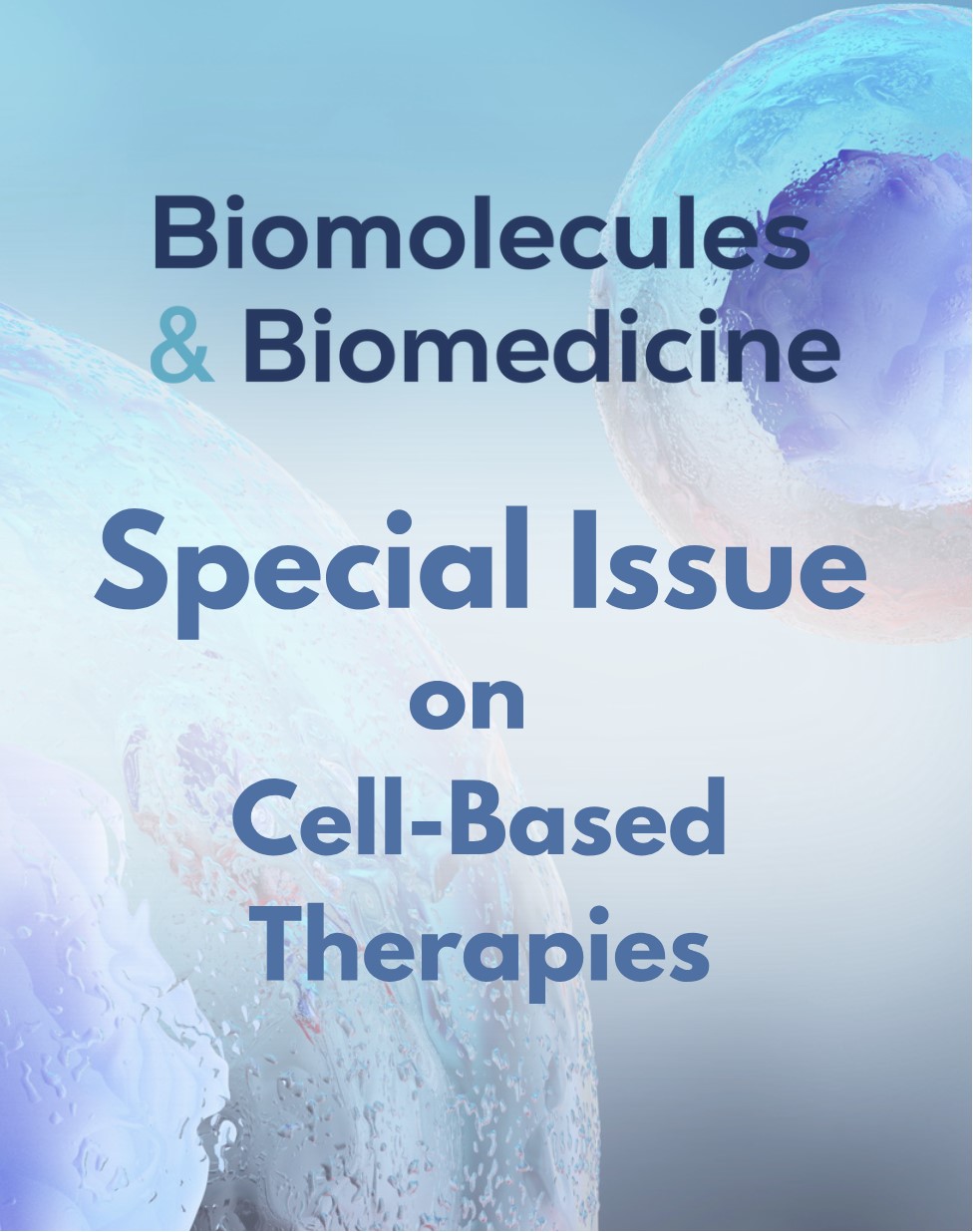Multiomics analysis of homologous recombination deficiency across cancer types
DOI:
https://doi.org/10.17305/bb.2024.10448Keywords:
Homologous recombination deficiency (HRD), prognosis, gene mutation, DNA methylation, signaling pathway, immunologyAbstract
There remains ongoing debate regarding the association of homologous recombination deficiency (HRD) with patient survival across various malignancies, highlighting the need for a comprehensive understanding of HRD's role in different cancer types. Based on data from databases, we conducted a multivariable omics analysis on HRD in 33 cancer types, focusing mainly on 23 cancers in which HRD was significantly associated with patient overall survival (OS) rates. This analysis included the mechanisms related to patient prognosis, gene expression, gene mutation, and signaling pathways. In this study, HRD was found to be significantly associated with patient prognosis, but its impact varied among different cancers. HRD was linked to different outcomes for patients with distinct tumor subtypes and was correlated with clinical features such as clinical stage and tumor grade. Driver gene mutations, including TP53, MUC4, KRAS, HRAS, FLG, ANK3, BRCA2, ATRX, FGFR3, NFE2L2, MAP3K1, PIK3CA, CIC, FUBP1, ALB, CTNNB1, and MED12, were associated with HRD across specific cancer types. We also analyzed differentially expressed genes (DEGs) and differentially methylated regions (DMRs) in relation to HRD levels in these cancers. Furthermore, we explored the correlation between HRD and signaling pathways, as well as immune cell infiltration. Overall, our findings contribute to a comprehensive understanding of HRD's multifaceted role in cancer.
Citations
Downloads

Downloads
Additional Files
Published
Data Availability Statement
All relevant data are available within the article and its supplementary information.
Issue
Section
License
Copyright (c) 2024 Lin Dong, Lin Li, linyan Zhu, fei Xu, Rumeng Zhang, Qiushuang Li, Yong Zhu, Zhutian Zeng, Keshuo Ding

This work is licensed under a Creative Commons Attribution 4.0 International License.









